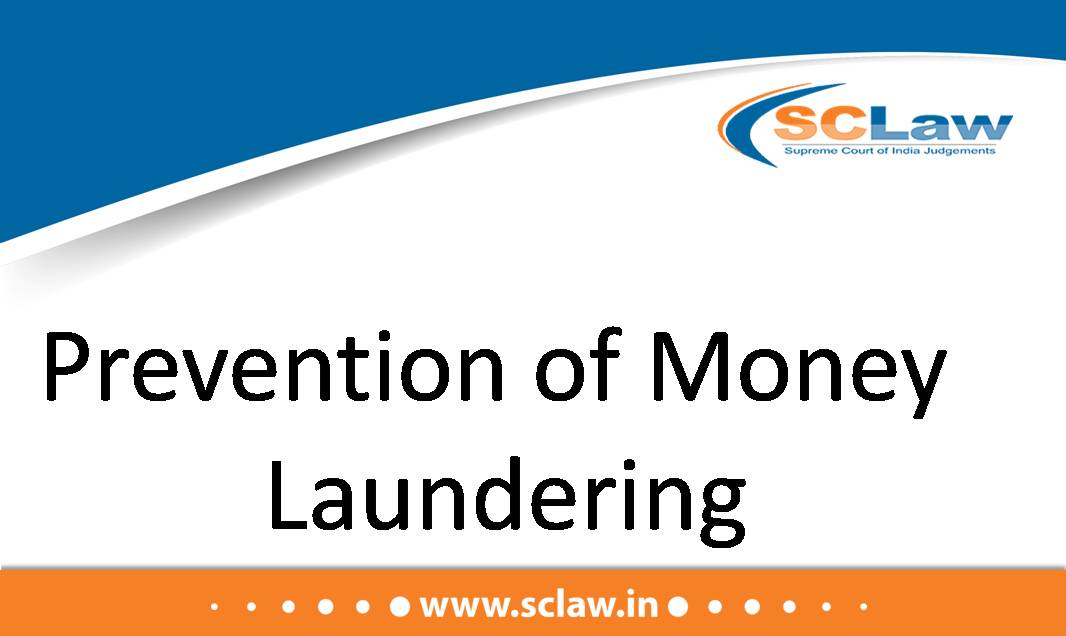Prevention of Money Laundering Act, 2002 — Section 3 — Appellant was a Transport Minister in Tamil Nadu and is accused of collecting money for job opportunities in the Transport Department — Multiple FIRs were filed against him, leading to his arrest and judicial custody —The main issue is whether the appellant should be granted bail in connection with the alleged offence under the PMLA —The appellant’s counsel argued that the evidence against him is not substantial, and he has already been in custody for over 14 months — They also cited a similar case (Manish Sisodia) to support their bail plea —The Enforcement Directorate (ED) argued that there is strong evidence against the appellant, including incriminating documents and large cash deposits — They expressed concerns about the appellant influencing witnesses if released on bail —The Supreme Court granted bail to the appellant, considering the prolonged incarceration and the unlikely completion of the trial in the near future — The court imposed stringent conditions for bail — The appeal was allowed, and the appellant was granted bail with specific conditions to ensure he does not tamper with evidence or influence witnesses.
2024 INSC 739 SUPREME COURT OF INDIA DIVISION BENCH V. SENTHIL BALAJI — Appellant Vs. THE DEPUTY DIRECTOR, DIRECTORATE OF ENFORCEMENT — Respondent ( Before : Abhay S Oka and…


